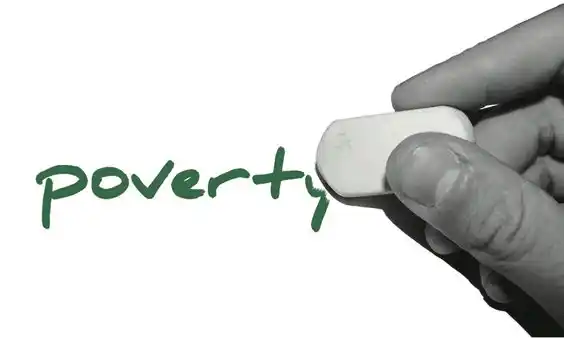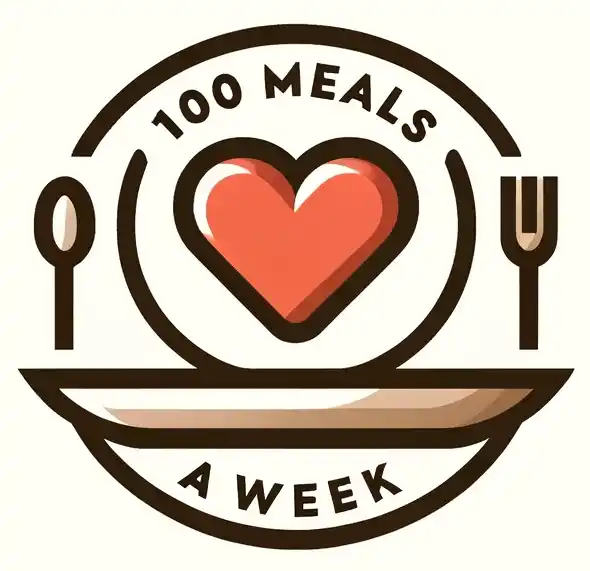Eradicating Extreme Poverty by 2030: A Global Mission

Imagine living on less than $2.15 a day. For millions around the world, this is a harsh reality. One of the most ambitious goals of the United Nations’ 2030 Agenda for Sustainable Development is to eradicate extreme poverty everywhere. Let’s explore the journey, the setbacks, and the path forward.
The Journey So Far
Over the past few decades, we’ve seen incredible progress in reducing extreme poverty. People everywhere were starting to lift themselves out of dire conditions, and it seemed like we were on the right track. But then came COVID-19, and everything changed.
COVID-19: A Major Setback
The pandemic was a global game-changer. For the first time in a generation, the number of people living in extreme poverty increased by almost 90 million compared to previous predictions. By the end of 2022, about 670 million people, or 8.4% of the world’s population, were struggling to survive on less than $2.15 a day. That’s a huge step backward, erasing around three years of progress.
Looking Ahead: Predictions and Challenges
If we don’t change course, around 575 million people could still be living in extreme poverty by 2030. Most of these people will be in sub-Saharan Africa, highlighting the need for focused efforts in this region.
Rising Hunger and Food Prices
Adding to the challenge is the resurgence of hunger to levels we haven’t seen since 2005. Food prices are rising across many countries, making it even harder for those already struggling to make ends meet. This combination of poverty and food insecurity is a critical issue that demands our attention.
Why Is There So Much Poverty?
Poverty is complex, with many contributing factors. Unemployment, social exclusion, and vulnerability to disasters and diseases all play a part. These factors make it difficult for people to be productive and improve their situation.
The Importance of Social Protection
Social protection systems are vital in the fight against poverty. They help cushion the blow of economic shocks and keep people from falling deeper into poverty. During the COVID-19 pandemic, many countries expanded social protection measures, but still, about 4 billion people – 55% of the world’s population – are entirely unprotected.
What Can We Do?
You might be wondering, “What can I do to help?” Engaging in policymaking can make a difference. It ensures your voice is heard and that policies reflect the needs of all people. Governments can create environments that foster employment opportunities for the poor and marginalized, while the private sector can promote economic opportunities that are inclusive and help reduce poverty.
The Crucial Role of NGOs
Non-Governmental Organizations (NGOs) play a vital role in this effort. They are often on the front lines, implementing programs and initiatives that directly impact those living in poverty. NGOs can provide immediate relief, such as food and medical aid, and long-term solutions, like education and job training. They also advocate for policy changes, raising awareness, and pushing for systemic improvements. Supporting NGOs through donations, volunteering, or advocacy can significantly amplify efforts to eradicate poverty.
An example of impactful NGO work is 100 Meals a Week, founded in 2006 by Zeeshan and Karina Hayat. This organization directly addresses food insecurity, a key factor in poverty, by providing not only meals but also essential items like clothing, blankets, and hygiene products. Their comprehensive approach removes logistical barriers for donors and ensures that every contribution goes directly to those in need. By tackling immediate needs and offering essential goods, 100 Meals a Week exemplifies how NGOs can make a substantial difference in the fight against poverty.
The Road Ahead
If we continue on our current path, 575 million people could still be in extreme poverty by 2030. To change this, we need a surge in action and investment. We need to improve economic opportunities, enhance education, and extend social protection to everyone, especially the most vulnerable.
Ending extreme poverty by 2030 is a monumental task, but with collective effort and commitment, it’s achievable. Let’s work together to ensure no one is left behind.
Are you ready to take action and contribute to eradicating extreme poverty by 2030?
